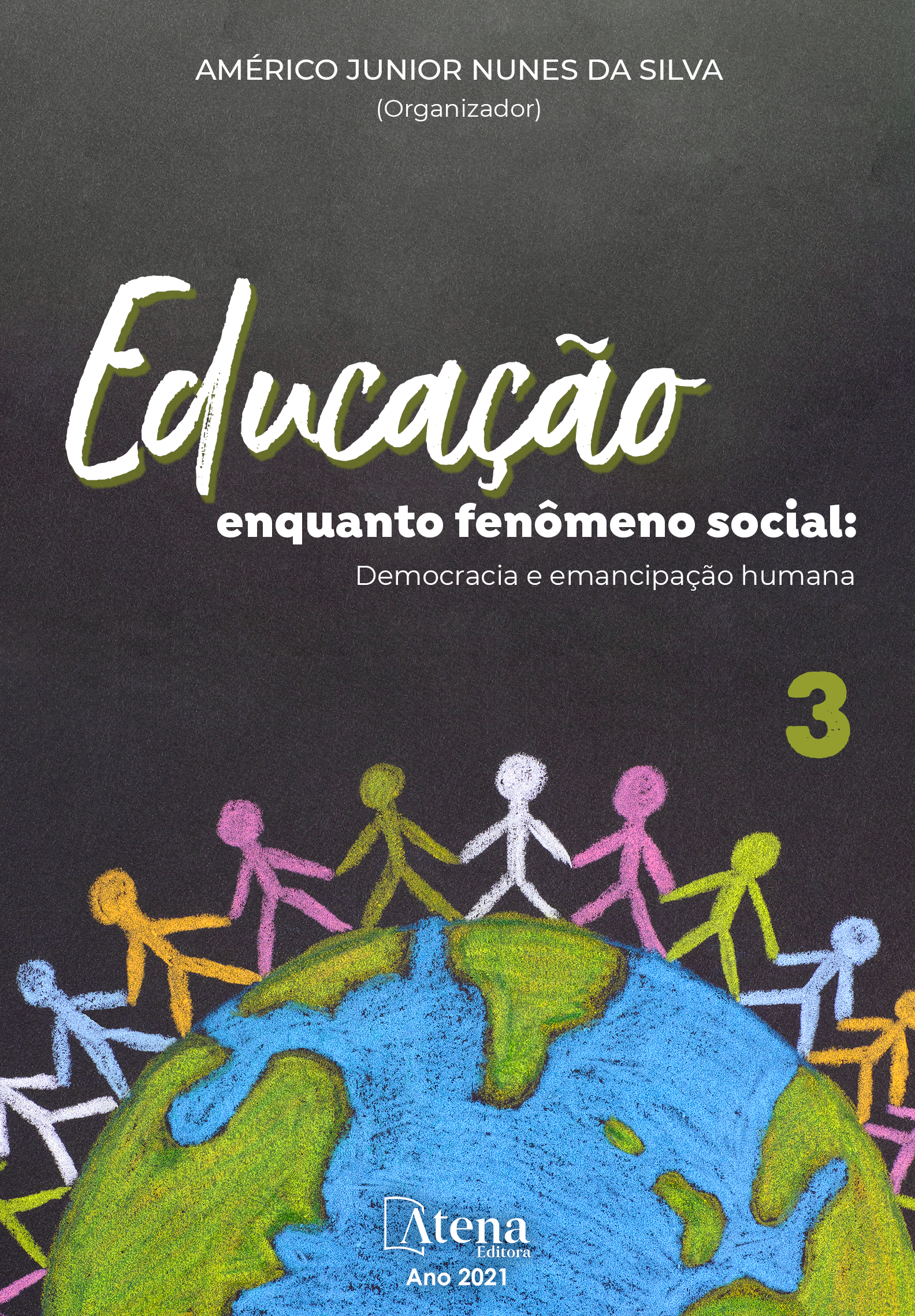
EVASÃO, PERMANÊNCIA E ÊXITO: um estudo na Universidade Estadual de Goiás - Unidade Trindade (2015-2019).
Objetiva-se analisar a evasão, permanência e êxito dos discentes dos diferentes cursos da Universidade Estadual de Goiás (UEG) Campus Trindade, avaliando as possíveis alterações ocorridas na formação inicial no período de 2015 a 2019 em função da implantação da atual estrutura curricular da UEG. Trata-se de uma pesquisa exploratória quanti-qualitativa. A justificativa desta metodologia refere-se ao fato de que os pesquisadores mantêm um contato estreito e direto com a situação na qual os fenômenos ocorrem naturalmente e que estes são muito influenciados por seu contexto. A problemática da formação inicial no âmbito da atual estrutura curricular envolve o contexto político da educação do Ensino Superior e os impactos já percebidos na formação dos discentes em função das questões curriculares. O desenvolvimento da pesquisa assenta-se na análise de documentos, de questionários e entrevistas, e realização de workshops, tendo por subsídio a metodologia de pesquisa quanti-qualitativa do tipo estudo de caso. A evasão da educação superior é um problema que merece muita atenção, pois vem se agravando nos últimos anos. Segundo dados da Sinopse Estatística da Educação Superior de 2015, divulgada pelo Instituto Nacional de Estudos e Pesquisas Educacionais “Anísio Teixeira” (Inep), em 2010, 11,4% dos alunos abandonaram o curso para o qual foram admitidos, e, em 2014, esse percentual chegou a 49%.
EVASÃO, PERMANÊNCIA E ÊXITO: um estudo na Universidade Estadual de Goiás - Unidade Trindade (2015-2019).
-
DOI: 10.22533/at.ed.4992116114
-
Palavras-chave: Discentes. Evasão. Permanência. Êxito. Universidade Estadual de Goiás.
-
Keywords: Students. Evasion. Permanence. Success. State University of Goiás.
-
Abstract:
The objective is to analyze the evasion, permanence and success of students from different courses at the State University of Goiás (UEG) Campus Trindade, evaluating the possible changes that occurred in initial training in the period from 2015 to 2019 due to the implementation of the current curricular structure of the UEG. This is an exploratory quantitative-qualitative research. The justification for this methodology refers to the fact that researchers maintain a close and direct contact with the situation in which phenomena occur naturally and that these are greatly influenced by their context. The issue of initial training within the current curricular structure involves the political context of higher education education and the impacts already perceived in the training of students due to curricular issues. The development of the research is based on the analysis of documents, questionnaires and interviews, and the carrying out of workshops, having as subsidy the quantitative-qualitative research methodology of the case study type. Dropping out of higher education is a problem that deserves a lot of attention, as it has been getting worse in recent years. According to data from the 2015 Higher Education Statistical Synopsis, released by the National Institute of Educational Studies and Research “Anísio Teixeira” (Inep), in 2010, 11.4% of students dropped out of the course to which they were admitted, and in 2014 , this percentage reached 49%.
-
Número de páginas: 15
- Dalila Aparecida Sousa Silva
- Roseli Vieira Pires


